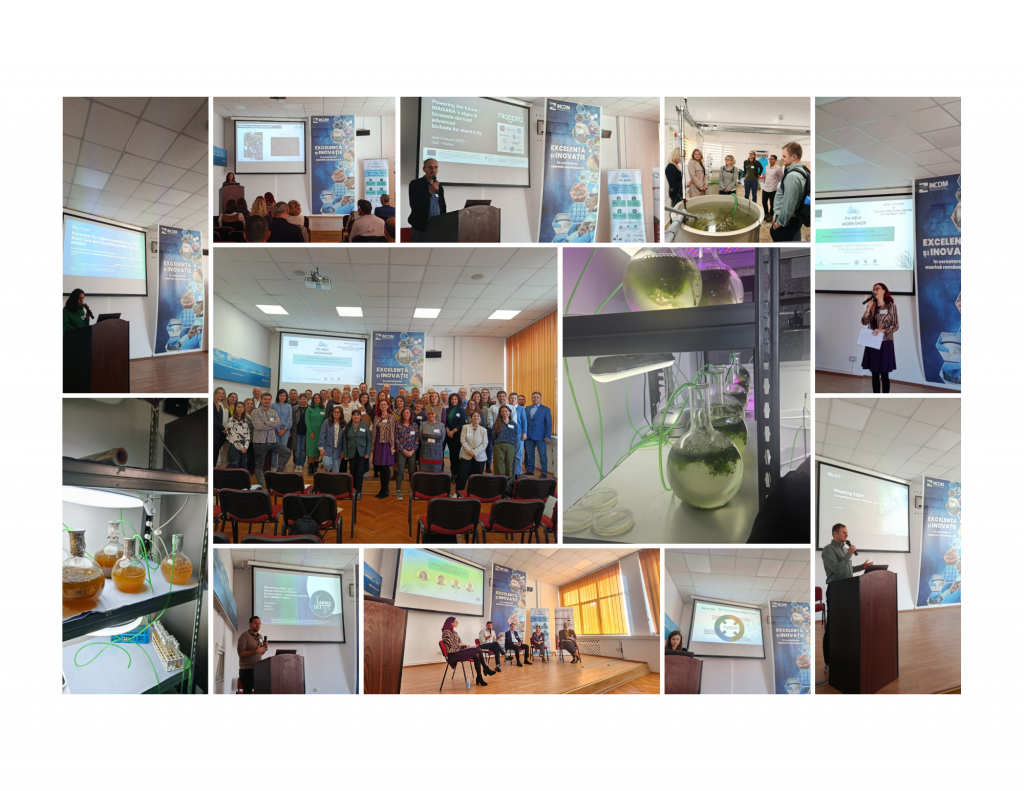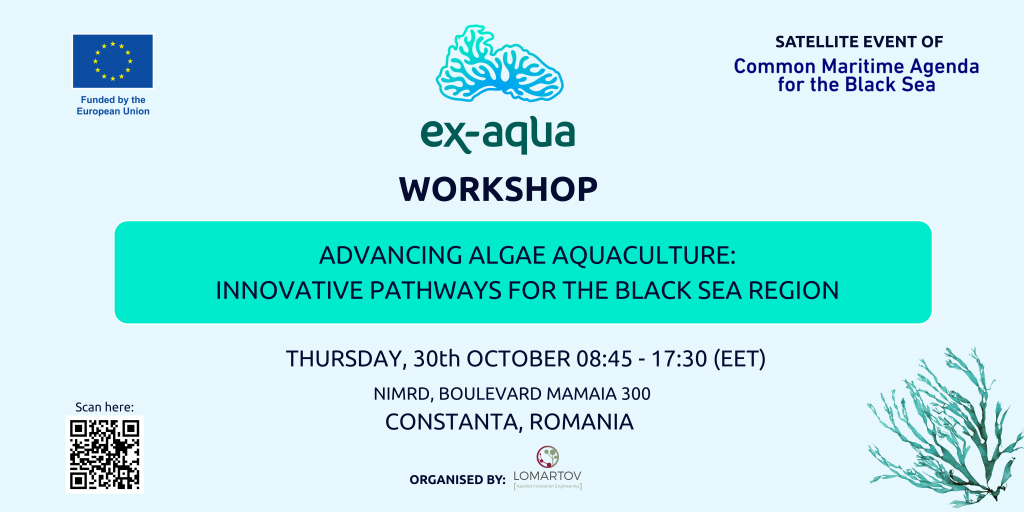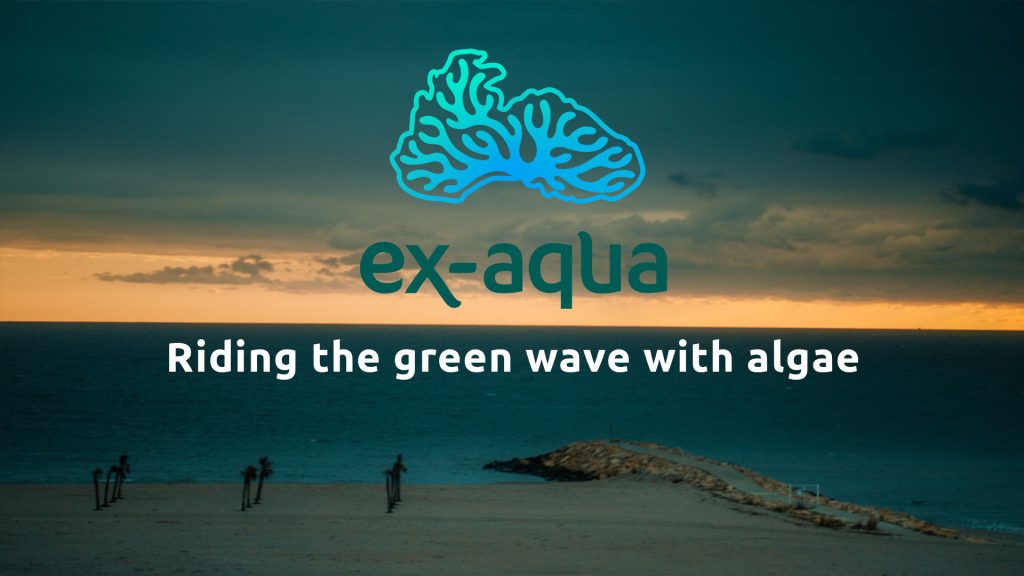Welcome to our Q&A series, where our expert team answers essential questions about EX-AQUA’s pivotal role in enhancing regional and scientific impact. Discover how the project advances excellence and competitiveness in marine algae aquaculture, supporting a sustainable Black Sea, bridging regional disparities, and contributing to the Blue Economy and the objectives of the European Green Deal.
Today, we speak with Olivier De Clerck, professor from the Ghent University (UGent).
How do you believe EX-AQUA will shape the future of marine algae aquaculture in the Black Sea region?
“Marine algae aquaculture is currently limited in the Black Sea. Ex-aqua will allow NIMRD to add algae research to its existing activities. A strong academic, industrial and governmental partnership secures the development of this new expertise. Given the focus on algae aquaculture at EU and regional level this consortium ensures transfer of knowledge and will give NIMRD a strong advantage in the future development of algae research and applications on the Romanian Black Sea”
How does EX-AQUA facilitate innovation and collaboration within the EU marine sector, and what new practices or technologies are you most excited about?
“The Black Sea provides unique opportunities for marine algae aquaculture. The focus on a brown (Cystoseira barabata) and green (Ulva spp) seaweed is important: both species have commercial applications but are also important primary producers in coastal ecosystems. Marine algae aquaculture in the Romanian Black Sea will strongly contribute to the large-scale development of this infrastructure in Europe.”
What role does EX-AQUA play in advancing sustainable development and protecting marine biodiversity in the Black Sea, particularly through enhanced marine algae aquaculture?
“Ex-aqua focuses on two seaweeds (Cystoseira barabata and Ulva spp) that are natural resources in Romania. As primary producers, they provide food and shelter for many marine organisms. Especially a restoration of Cystoseira populations along the Black Sea coast is desirable given its ability to engineer habitats on temperate reefs and contributions to high biodiversity. Furthermore, a better monitoring of harmful algal blooms and understanding on the related phycotoxins will help protecting the marine biodiversity.”
How does EX-AQUA align with UGent’s long-term research or development goals?
“The goal of our research group is to better understand seaweed development, diversity and reproduction. We focus on brown and green seaweed biology. Although our experiments are typically small-scale, we have contributed to several consortia to cultivate seaweeds at larger scale in near- and off-shore conditions. Therefore, we are very interested in the translation of our research to large-scale algae aquaculture initiatives. The Romanian Black Sea also offers several interesting features, e.g. a relatively low salinity, for future basic biological studies. We look forward to further collaborate on these topics.”
Stay tuned as we continue exploring the groundbreaking work of the EX-AQUA project in upcoming articles. For the latest updates and insights, follow us on LinkedIn, visit our website, and subscribe to our newsletter to keep up with our journey advancing marine algae aquaculture in the Black Sea region.






